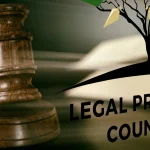My name is Constance Kawelenga and I am a registered Chartered Accountant and Auditor, and today we’re going to talk about audit preparation for attorneys, and in particular, the documents you want to prepare in order to get ready for an audit.
1. IT3(b) Certificate
You will need to request your bank for the IT3(b) certificate, which is a document that corroborates the interest earned for the year. This amount is an easy way for your auditor to confirm the interest earned which is reported by the attorney on the Attorneys’ Trust Statement.
2. Fidelity Fund Certificate
You should make sure you have ready a copy of your current Fidelity Fund Certificate because the auditor will request it in order to confirm that your membership is up to date. Remember you cannot operate a trust account if you do not have this certificate.
3. Detailed Ledger
Download and provide your auditor with a detailed ledger for the entire financial year under audit, and beyond that, up to the last monthend before the audit is actually conducted. The auditor is required to cover the months even post year end in the audit, so that is one incentive to have the audit done as early as possible.
4. Trial Balance
Provide the auditor with Trial balance at year end, and any other monthend of the period under audit, as requested by the auditor.
5. Trust Account Balances Report
It is crucial that the legal practitioner be able to provide the auditor with the Trust Account Balances Report for each monthend from the first day of the year to the last date of the monthend immediately before the audit. I have already explained that the audit carries on beyond the year end to the latest monthend before the audit.
6. Business Debtors Aged Analysis
Be prepared to also provide the auditor with the Business Debtors Aged Analysis. The auditor will scrutinize this report for any tell tale signs that might point towards inaccurate reporting of the trust creditors, eg debtor amounts that are in credit. Debtors should have debit balances, therefore any debtors in credit should be explained to the auditor’s satisfaction.
7. Trust Bank Statements
Provide the auditor with the Trust bank statements from the first day of the year to the last date of the monthend immediately before the audit.
8. Business Bank Statements
By the same token, you will need to provide the Business bank statements from the first day of the year to the last date of the monthend immediately before the audit. The fact that the audit is primarily an audit of the trust account doesn’t mean that the auditor will restrict themselves to transactions in the trust account only, since moments in the business account might also tell a story to the auditor. An audit is conducted from several angles both internal and external to the object of the audit, and this is one example of an external angle.
9. Reports for Trust Creditors
Provide the auditor with Reports for trust creditors. These would be the balances for each monthend from the first day of the year to the last date of the monthend immediately before the audit. These would also include the movement from the first day of the year to the last date of the monthend immediately before the audit.
Conclusion
And that, ladies and gentlemen, sums up the basic information which you should have in preparation for the audit. The auditor will almost definitely ask for more granular information, but if these essentials are readily available, the chances are high that even the granular information should be easy to provide to the auditor.





